Are you still questioning about hydroponic vegetables?
When everyone hears about hydroponic vegetables, they will think about how they grow so fast? is it safe? is it healthy? The answer is yes. Hydroponic vegetables are safe, healthy and environmentally friendly!
1) Are hydroponic vegetables safe?
The answer is beyond doubt. Normally, soil-cultured vegetables absorb soil nutrients while absorbing heavy metal residues and pesticide residues in the soil, while hydroponic vegetables are grown in food graded PVC tubes for a long time, and no heavy metals and other harmful substances remain after testing.
Hydroponics is based on different vegetable varieties, adding different nutrient solutions according to the variety and growth status. The hydroponic nutrient solution scientifically integrates the N, P, K, Ca, Mg, S, Fe, Mn, Cu, Zn, B, Mo plasma chelated nutrients required for plant growth, and has a slow-release effect and buffering properties.
It can effectively provide nutrients needed for the growth of hydroponic plants, improve and prevent the symptoms of nutrient deficiency in hydroponic plants. It is also rich in highly active biological enzymes and fulvic acid, which can degrade organic acids secreted by the roots of hydroponic plants and putrefactive substances in the water, thereby improving water quality and providing a stable water environment for the growth of hydroponic plant roots.
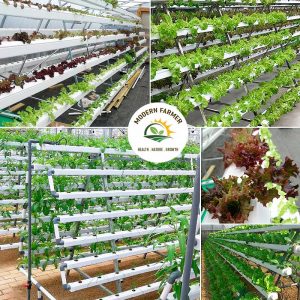
2) Are hydroponic vegetables healthy?
Hydroponic vegetables grow in a visible and secure environment, and the whole process is more scientific and intuitive than traditional planting.
Compared with traditional vegetables, the vegetables cultivated by hydroponics have a fresher taste and more reasonable nutritional ingredients, which can be eaten immediately. It not only meets the family’s requirements for safe and fresh vegetables, but also meets the high-quality requirements of different groups of vegetables. Such as: the elderly, pregnant women, children, etc. And these, hydroponic vegetables can do it!
The leafy vegetables produced by hydroponics, such as mustard greens, lettuce, water spinach, etc., have sufficient water and nutrient supply, and the nutrients in the growing environment are sufficient, and the accumulation of crude fiber and lignin is faster than other amino acids and protein The accumulation speed of other substances is relatively lagging, so the content of crude fiber and lignin is less, while the content of VC and other nutrients is significantly increased.
Experiments have shown that the VC content of hydroponic tomatoes is 154.9 mg/Kg, while that of soil cultivation is 124.2 mg/Kg. The VC content of hydroponic tomatoes is 19.8% higher than that of soil cultivation. The crude fiber content of hydroponic mustard is 2.8%, while that of soil culture is 4.6%. The crude fiber content of hydroponic mustard is only 61% of the fiber content of soil culture.
Therefore, the taste of hydroponic vegetables is better than traditional soil-grown vegetables, and they taste more tender and delicious.
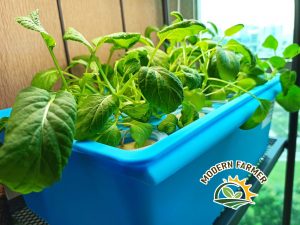

3) Why do hydroponic vegetables grow so fast?
Some people say that hydroponic vegetables are “fast-growing”, right?
Fast growing is not the same as fast growth. Hydroponic vegetables use nutrient solution. Hydroponic nutrient solution is formulated according to the elements required for vegetable growth and the quantity required for growth.
The nutrients required for vegetable growth are not excessive. The roots of hydroponic vegetables grow in the nutrient solution and can directly absorb the required nutrients. Soil cultured plant roots must penetrate deep into the soil to absorb nutrients from the soil.
To absorb nutrients, roots must have water to dissolve the nutrients in the corresponding soil into ionic states, so that the roots of plants can absorb the required nutrients. It can be seen from this that it is much more difficult for the roots of soil cultured vegetables to absorb nutrients than hydroponics!
The rapid growth of hydroponic vegetables is due to the sufficient and timely supply of nutrients in the nutrient solution in the water, and the roots of the vegetables can be directly in it, and “eat” the nutrients in the nutrient solution according to their needs.
Hydroponic vegetables grow in greenhouses or greenhouses, all in a controllable environment. The various environments for vegetable growth are close to the most suitable growth requirements, so the growth rate is faster than soil planting!
The nutrition of hydroponic vegetables is more comprehensive and safe!
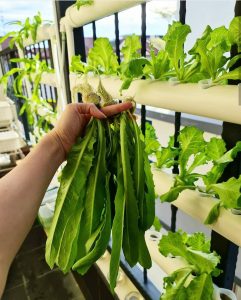



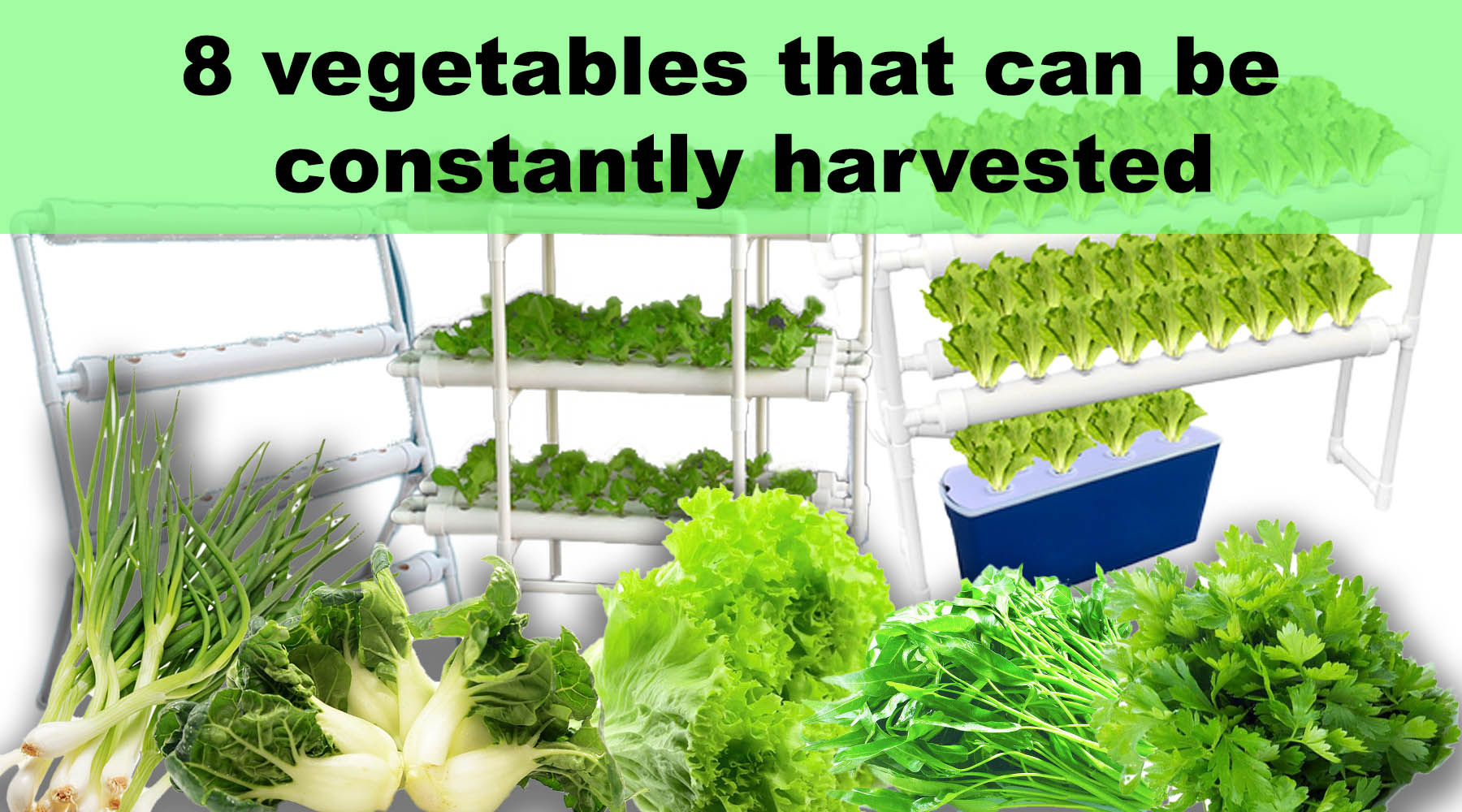
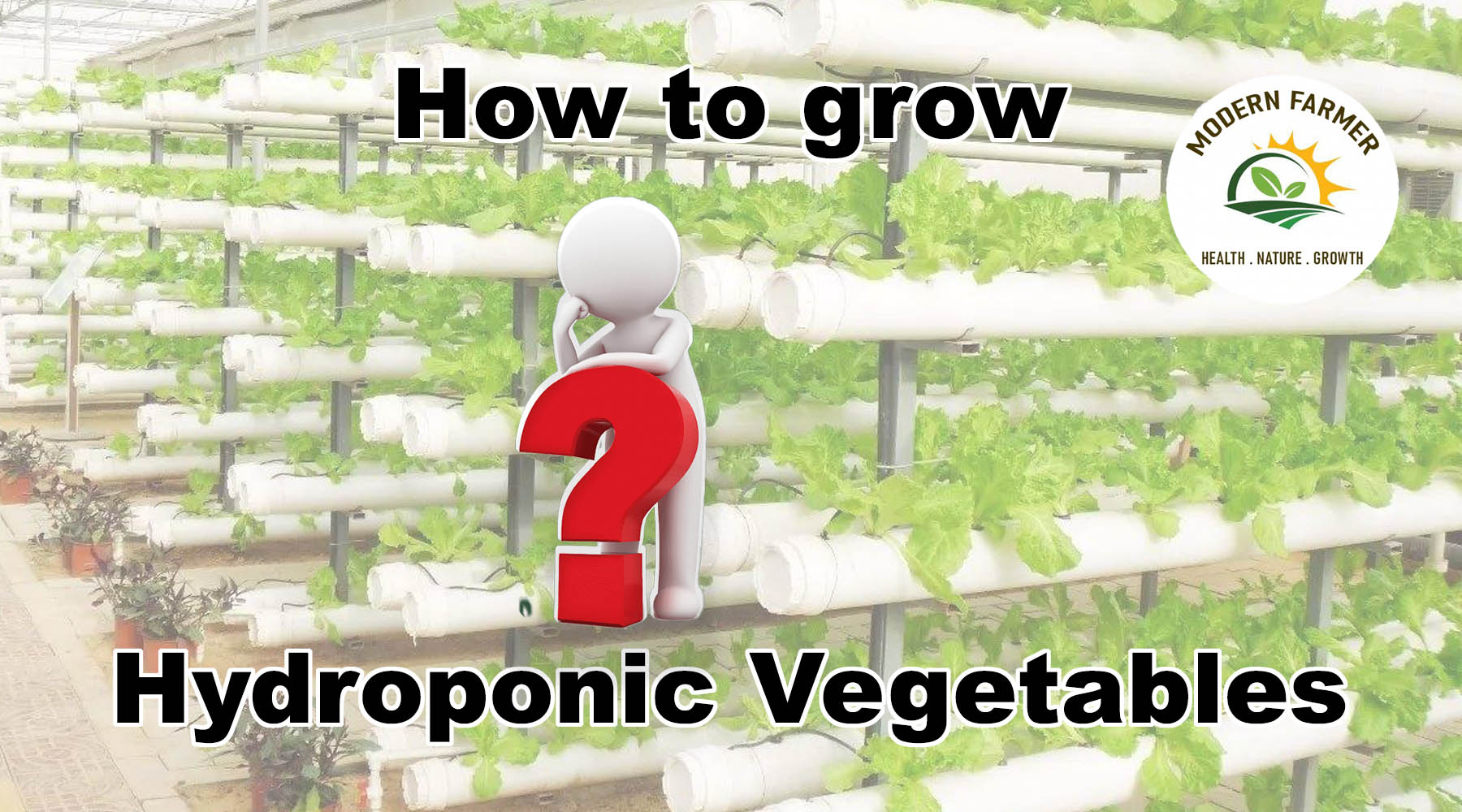

1 thought on “Are hydroponic vegetables safe?”
Comments are closed.